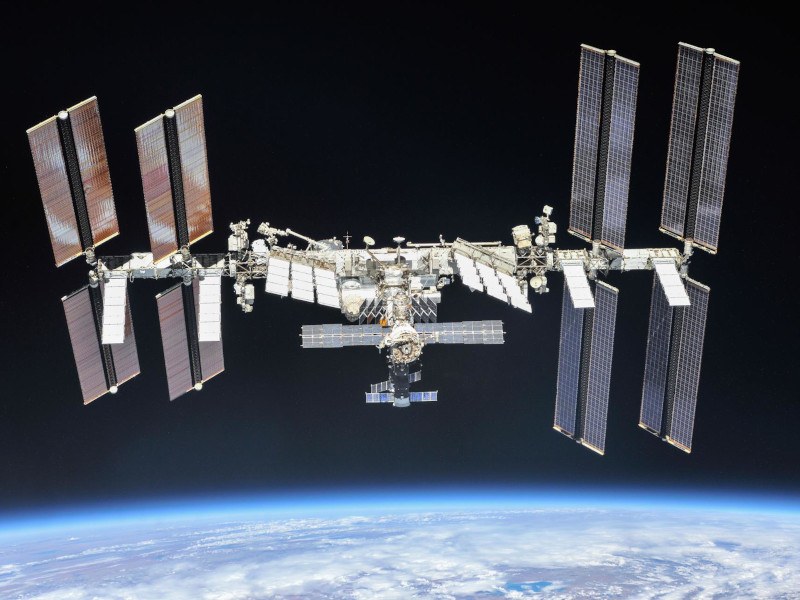
The International Space Station is a landmark achievement in terms of global cooperation and space research, but it is scheduled to be decommissioned at the end of the decade.
On 6 December 1998, history was made when two modules were connected in Earth’s orbit, beginning the journey of the International Space Station (ISS).
The modules were the US Unity and Russia’s Zarya, symbolising a period of space cooperation between the two nations. But the groundwork for the station began in the 80s, with portions of the station being constructed by Europe, Japan and Canada.
Astronauts from around the world have lived and worked aboard the space station for more than 23 years, performing various experiments to boost humanity’s goal of exploring beyond our planet. It is regarded as the most successful platform for global cooperation in space, as more than 270 astronauts from 21 countries have visited the station.
During this time, the ISS has been a cornerstone of international space research, with more than 3,300 research and educational investigations being conducted on the station.
The goals of these experiments are extremely varied. Some have been – unsurprisingly – focused on space, such as how the human body reacts to being in conditions of microgravity for extended periods, or how we can grow food in these conditions.
Other experiments have been beneficial for humanity on Earth, such as multiple experiments on diseases such as cancer, Parkinson’s and Alzheimer’s. The ISS has also boosted education efforts by giving students of various ages access to science in space and the opportunity to research the effects of microgravity.
Tension in space
But while the ISS is a place for global space cooperation, geopolitical tensions have put this goal at risk in recent years.
Russia’s relations with the West have grown tense following its invasion of Ukraine – and the various economic sanctions that were imposed on Russia in response.
As a result of this, Russia announced last year that it would withdraw from the ISS in 2024, which would end one of the remaining points of cooperation it has with the US.
The cooperative spirit of the ISS appears to have intervened since, however. Earlier this year, Russia agreed to continue its participation in the ISS until at least 2028. Yuri Borisov, the head of Russia’s Roscosmos, sent a letter to the heads of other space agencies to enlighten them of this decision.
“The ISS program is the largest and most successful international project in the field of space, and I am glad that such a unique laboratory will continue its work and contribute to the implementation of the most daring plans of mankind for space exploration,” Borisov said in a translated post.
The end of the ISS
But while cooperation continues on the ISS, the renowned station has to end its mission eventually, as the years have taken their toll on its systems. The Russian segment of the station sprung three coolant leaks this year alone for example.
Currently, NASA plans to continue operating the ISS until 2030, when it will be disassembled and sent back to Earth – a process that will face significant logistical and financial challenges according to the US space agency.
Until that time, preparations are underway to exchange the ISS with commercially-owned and operated platforms in lower-Earth orbit. Earlier this year, Airbus entered into an agreement with US-based Voyager Space to work together on the development of Starlab, which is set to be the first commercial space station to exchange the ISS.
Both NASA and the European Space Agency will use Starlab to face space research demands, as will a host of other national agencies from around the world. In this way, the spirit of cooperation born from the ISS will live on, even if the space station does not.
10 things you need to know direct to your inbox every weekday. Sign up for the Daily Brief, Silicon Republic’s digest of essential sci-tech news.

